Posts categorized Open Data
Page 10
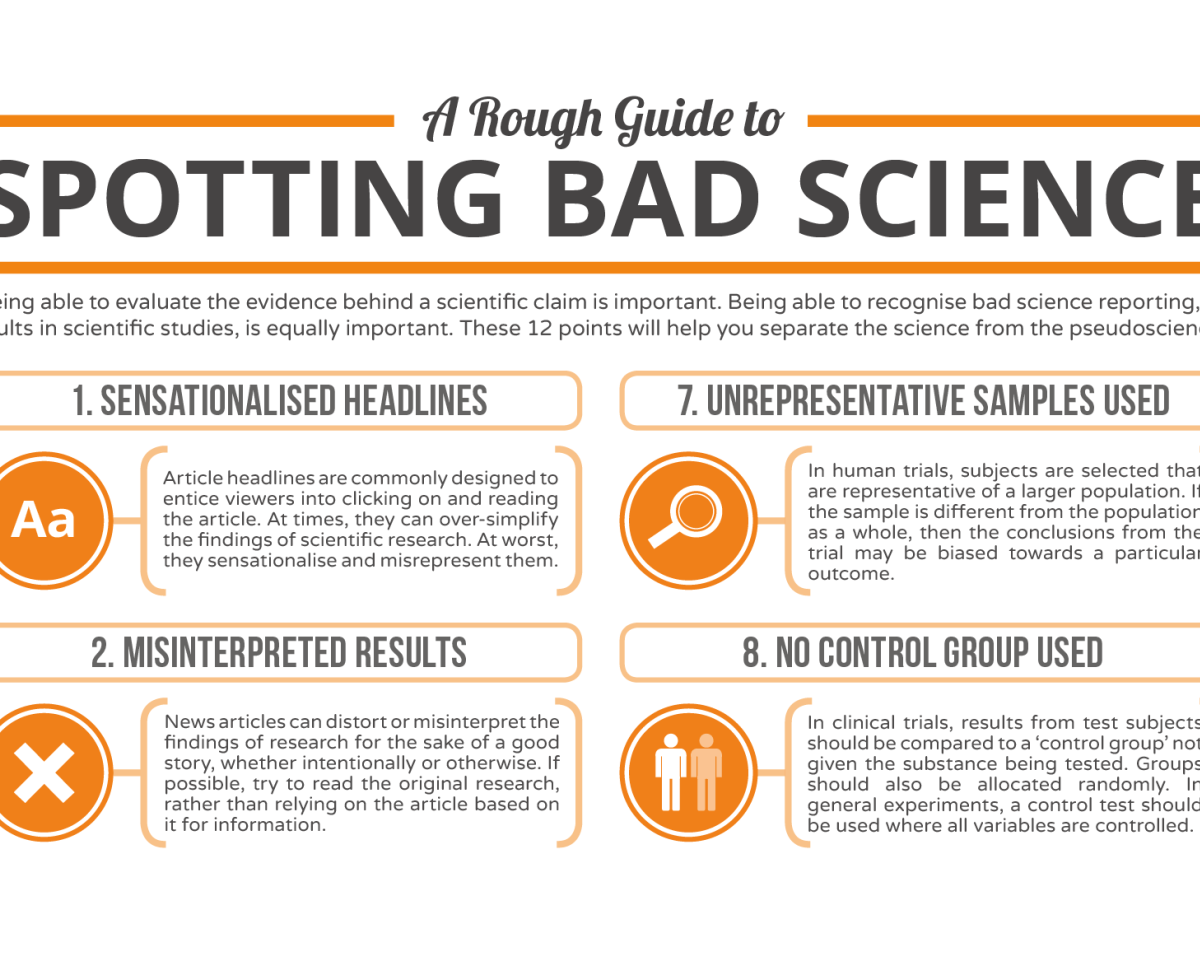
You Will Never Believe What Data Farce People Fall For!
Literacy rates are commonly tracked across the globe. A foreseeable indicator to be tracked in the future as we head further and further into a data driven world will be data literacy rates....
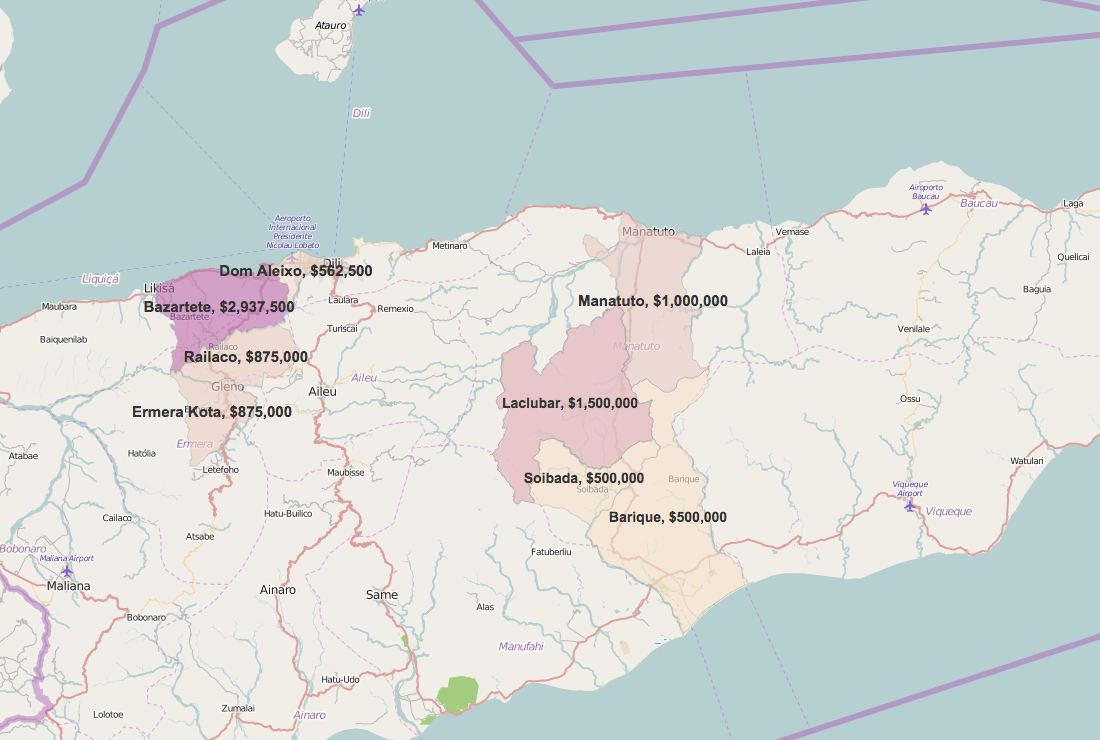
Approaching Granularity: Connecting Open Aid and Open Contracting in Timor-Leste
As we move toward the Data Revolution, the role of data granularity and “joined-up” data is key to informing decision-making in development program allocations.
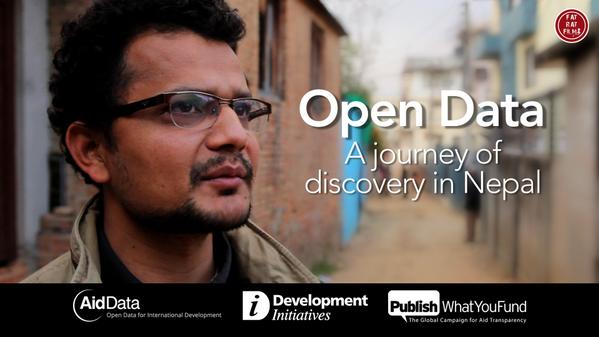
Open Data: A Journey of Discovery in Nepal
Open data has the potential to change lives. Data can be used as a tool to enable governments, donors and other actors to allocate financial resources more effectively to improve development outcomes and end poverty...
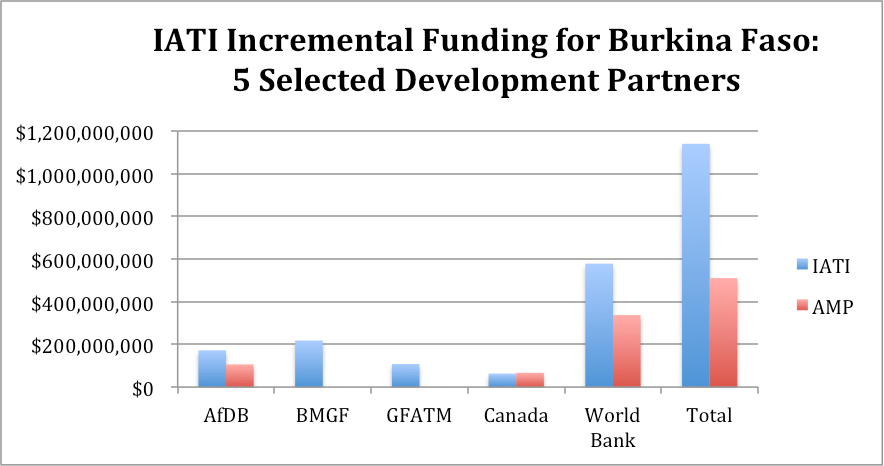
IATI and Country Systems: DG Working Paper
This blog post introduces a new DG working paper on the use of IATI data in country Aid Information Managements Systems (AIMS). The working paper aims to help inform discussions at the IATI TAG and Steering Committee Meetings, to be held in Ottawa from May 30-June 2...
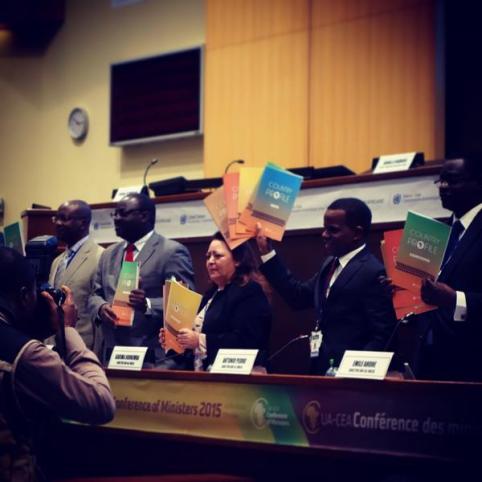
Parasites and Looting, AKA Corruption
While in a previous post we applauded one oil company for taking a huge leap in transparency, it’s a small (albeit very important) drop in a large bucket of issues around natural resources in developing countries...
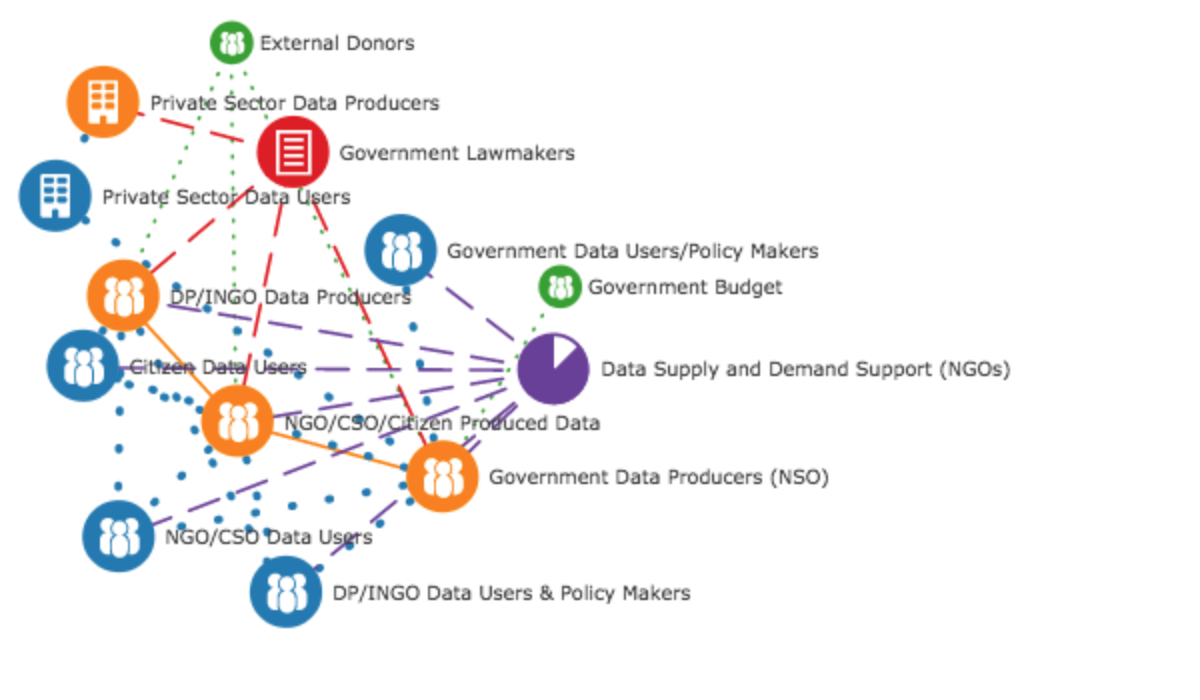
Post-Cartagena: Mapping out the Data Ecosystem
One of my favorite quotables from the Cartagena Data Festival came from Ricardo Fuentes-Nieva of Oxfam who said that maybe we need a data “reformation” instead of “revolution” – alluding to the Protestant Reformation, when the Bible was translated into the vernacular of the people...
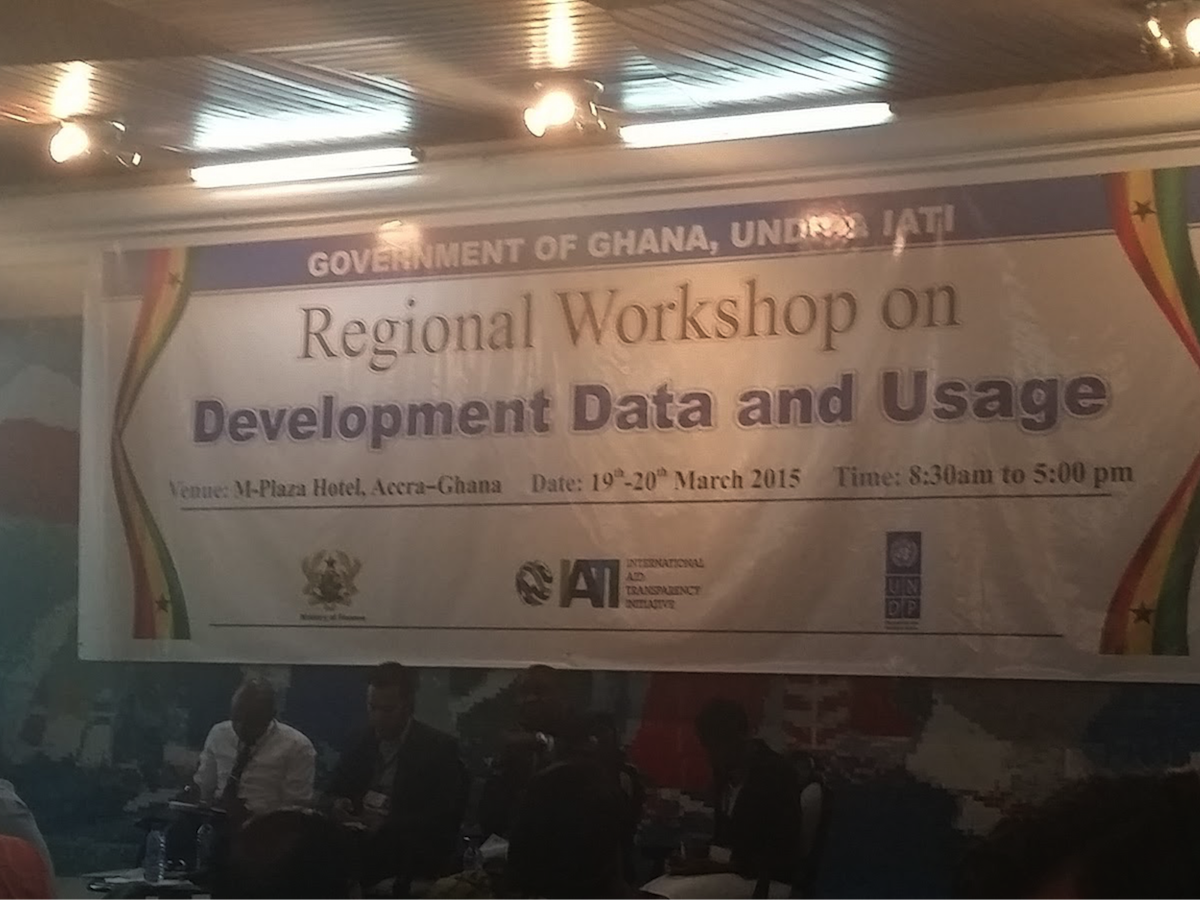
Governments as Open Data Users: The Future of IATI
On March 19-20, the IATI Secretariat convened a Regional Workshop on Development Data and Usage. This event included 14 country governments from across Africa, as well as a handful of Ghanaian and international civil society organizations and service providers.
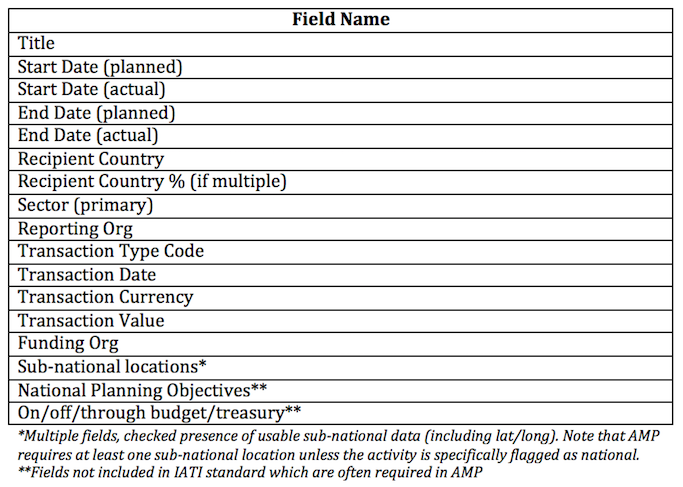
IATI and Country Systems: Data Evaluation Methodology
Last week, we shared big-picture challenges and opportunities our team identified when evaluating IATI data for country-level integration. In this post, we will explain in more detail our data comparison and methodology used to analyze IATI and in-country data...
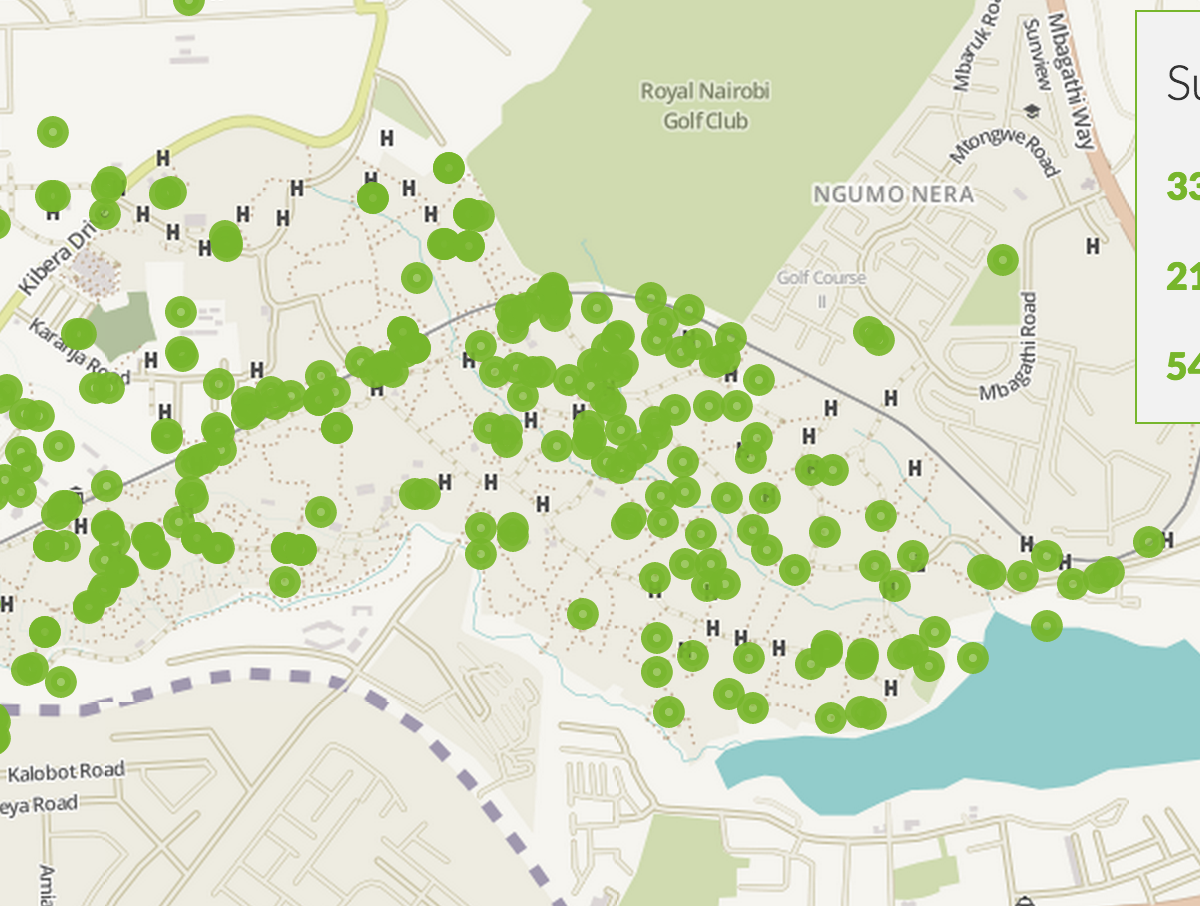
Launch of Open Schools Kenya
Parents, teachers, governments, and social welfare organizations all want to provide children with the best education possible. In most places, these groups work together to allocate resources, build schools and improve the quality of education. But education officials, organizations and families need information to guide these efforts. Sometimes even the most basic school information – like school location, fees, class size, or even building types – is completely unavailable, inaccessible, or out of date.
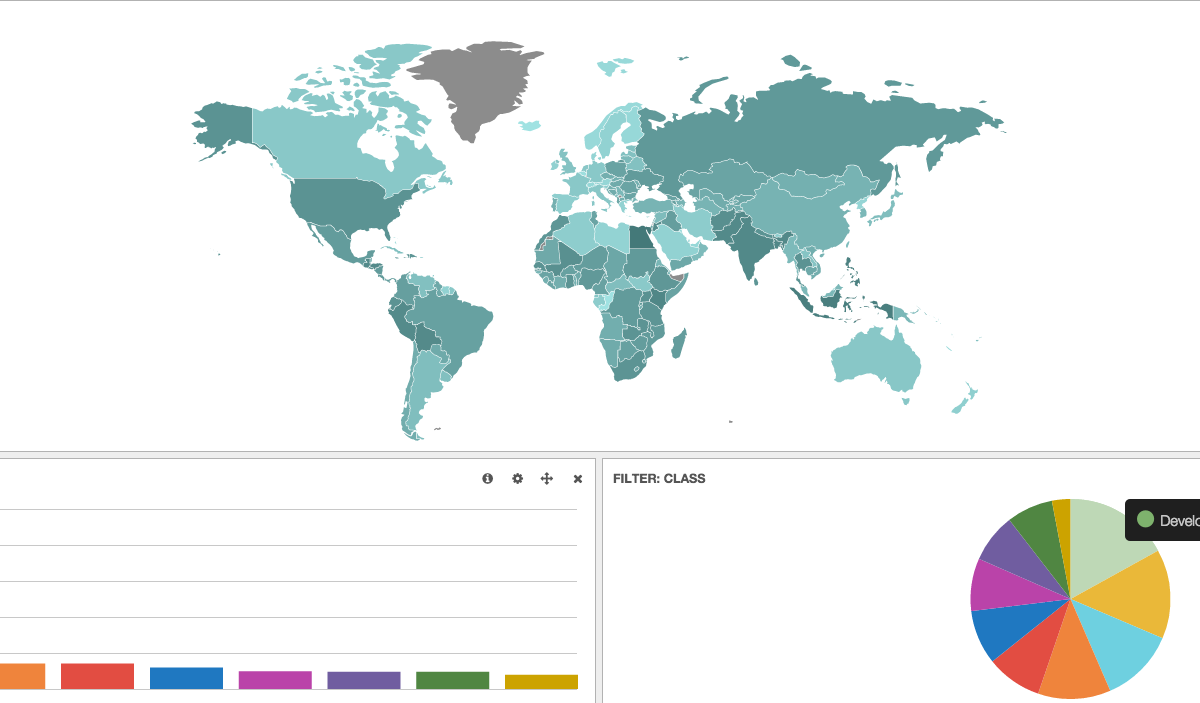
Liberating 35 Years of USAID Experience
'Since the introduction of a US Open Data Policy in 2013, domestic agencies - particularly in the foreign assistance sector - have made great strides in opening up their financial, programmatic, and evaluation information. As recently highlighted by the Center for Global Development:'